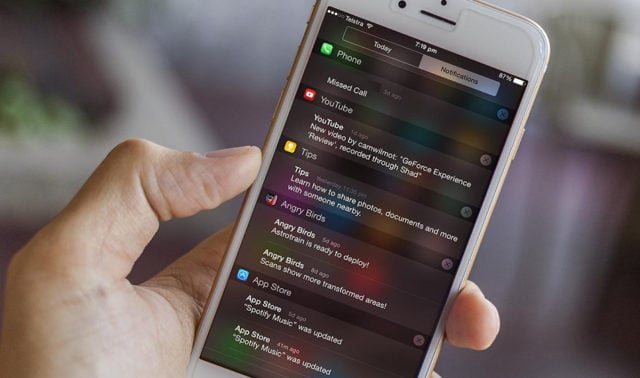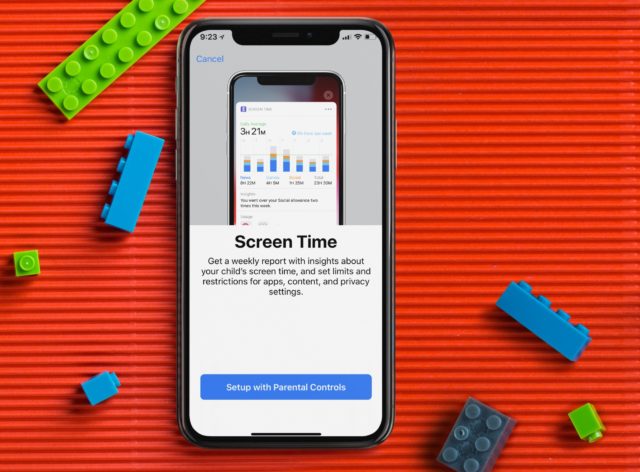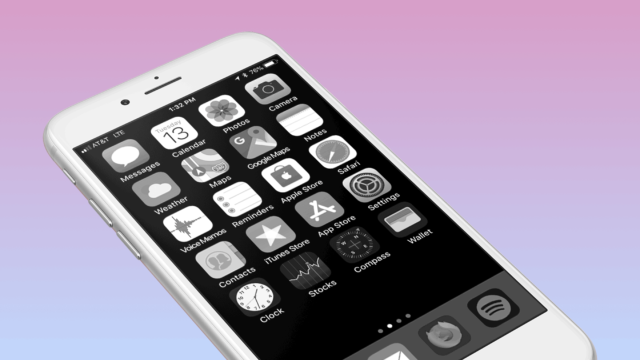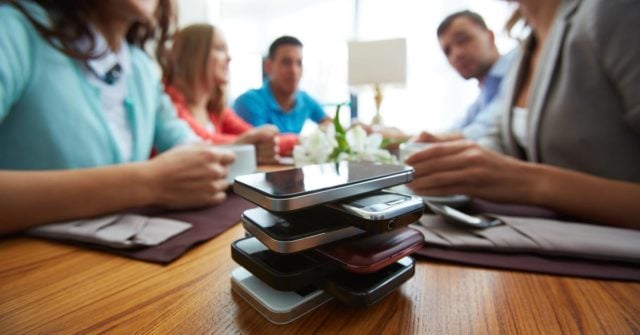It’s no surprise that most of us spend the better part of our days stuck to our smartphones, given that these little devices have seemed to replace so many other items that we used to need. From daily essentials like alarm clocks and calendars to hobbies like photography and shopping, you can do it all from the palm of your hand.
But with all of this “convenience” raises another serious problem: smartphone addiction. We’ve gotten so used to having our cellular devices with us at all times and checking them frequently that it seems almost impossible to go even an hour without them in your hand. In the most extreme situations, this can lead to several physical and mental health problems, ranging from insomnia and bad posture to societal issues and poor eyesight.
This also begs the question of whether smartphones are actually doing us more damage than good?
Well, in today’s day and age, living without a phone is near impossible, and they actually do provide a lot of benefits. And there are certain things you can do to limit the negative effects of smartphone usage, namely reducing the amount of time you spend on them.
Here are 5 top tips for reducing phone usage.

1. Use an Actual Alarm Clock
As we mentioned above, smartphones have replaced the need for a traditional alarm clock. But this also means that your phone is the last thing you see in the night and the first thing you see when you wake up. And let’s be honest, most of us lack the self-control to just turn the alarm on/off and just go to sleep.
A 2017 study found that “social media use in the 30 minutes before bed is independently associated with disturbed sleep among young adults”. So the best thing to do would be to charge your phone far away from the bed (preferably even in another room) and invest in an actual alarm clock.

2. Control Your Notifications
All of us can probably agree that notifications are annoying, but unfortunately, also necessary. But this also means that all that effort you put into putting your phone down is ruined when your phone keeps buzzing every five minutes.
One thing you can do to combat this issue is by controlling your notifications. Many phones have the option to do this, or you can even download a specific app that will help you do that.
You can categorize your notifications into high priority (email from your boss, phone call from your spouse), and low priority (social media, news alerts, etc.). This way you’ll only be notified immediately when its high priority, and the rest you can deal with when you have some free time.

3. Track Your Screen Time
Many of us aren’t actually aware of how long we spend on our phones every day, so we think it’s other people who have the problem, and not us. Only cold, hard, facts can help us see the light. This data is now available on most latest smartphones, including the number of hours spent on your phone per day, how many times you unlocked it, etc.
Some even have the option of setting up reminders when you’ve spent a specific amount of time on an app for the day. Of course, these can be overridden but constantly being reminded of over-usage can help you tone it down over the long run.

4. Switch to Greyscale
The reason why our phones attract us so much is that they are bright, colorful, and vivid – and yes, us humans aren’t that much better than a cat and its light. In fact, designers specifically make an app’s user interface captivating to make sure you keep coming back for more.
You can take some of the wonder away by switching your phone to greyscale. iOS users can make use of this option right from the settings, and Android users can download apps that do the same if their phone doesn’t have it built-in. At the very least, you can toggle it to switch automatically at least at night time.

5. Practice Self-Control
You can do all of what we’ve suggested above and more, but if you don’t consciously make the decision to limit mobile phone usage and actively try to uphold it, there’s not going to be much of a solution.
Every time you pick up your phone, ask yourself this: “Why do I need to check my phone right now?” Sometimes, it can be a simple as the mental answer you give yourself being enough to stop you from doing so.




